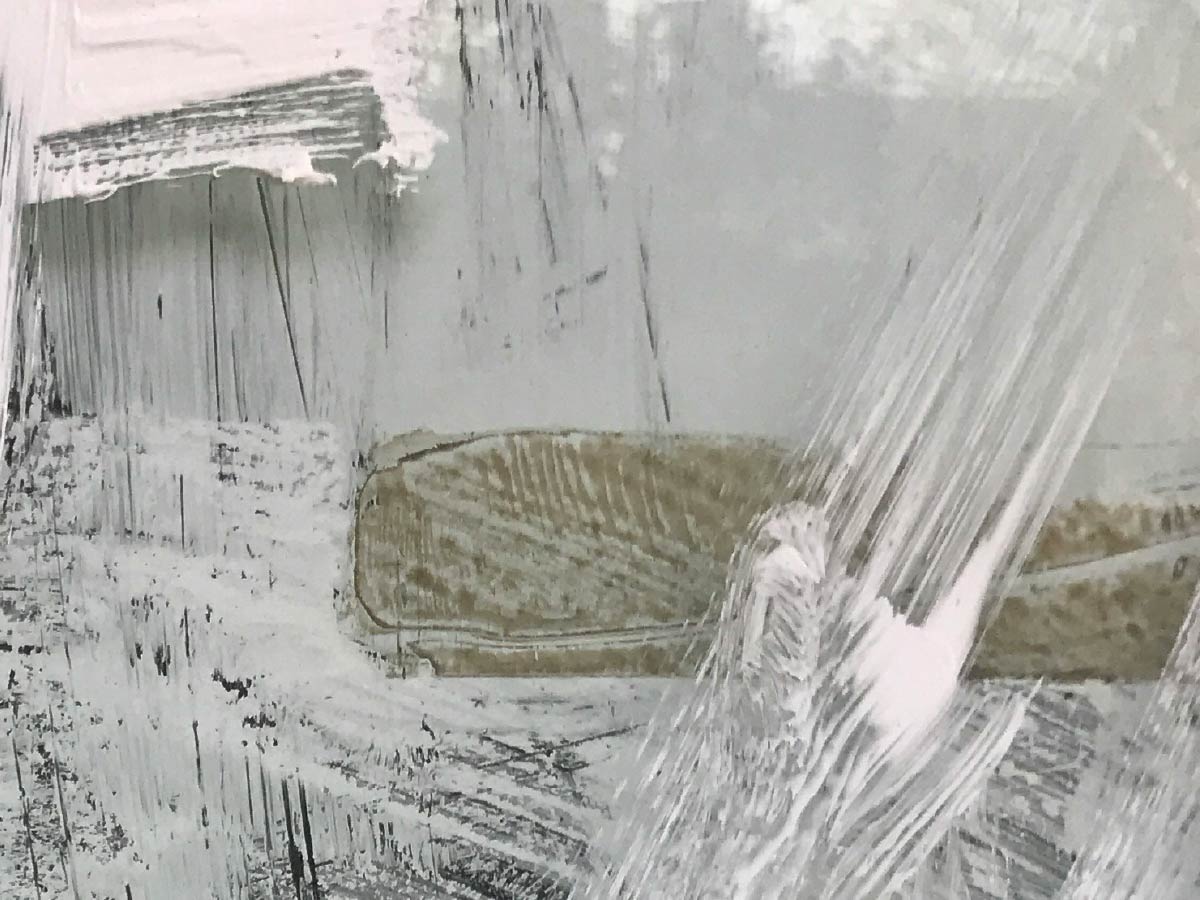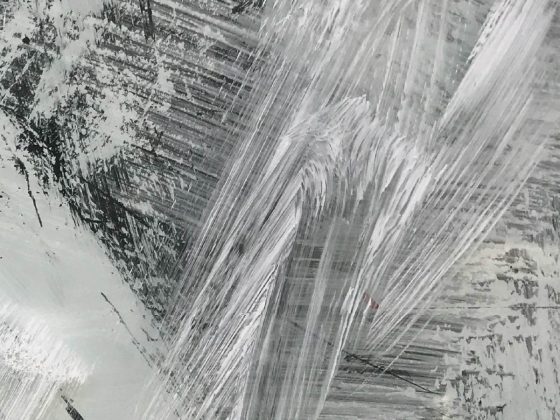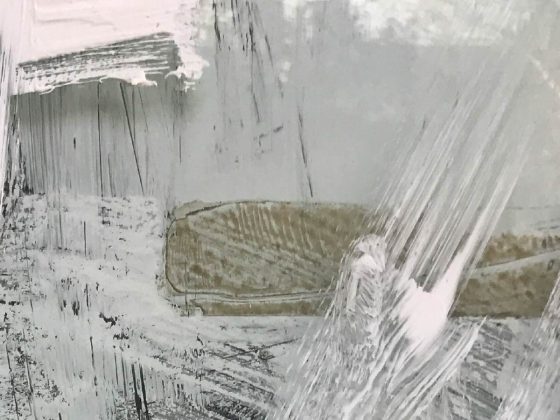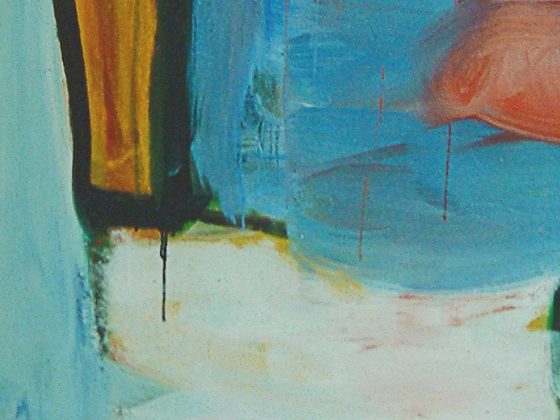Teología y cultura, año 22, vol. 27, número 2 (octubre 2025), pp. 151-173
ISSN 1668-6233
En este artículo exploro cómo la cristología calcedoniana y la filosofía de Ludwig Wittgenstein, articulando palabra encarnada y juego eucarístico, sostienen una teología centrada en la praxis litúrgica. A través de un análisis comparativo de los conceptos de «juego de lenguaje» y «forma de vida» wittgensteinianos junto a la formulación cristológica de Calcedonia, se traslada el foco de las teorías metafísicas a la experiencia comunitaria del lenguaje de fe. Se destaca la Escritura y la Eucaristía como Palabra hecha carne y sacramento constitutivo de la Iglesia. Argumento que liturgia y teología se configuran mutuamente, y concluyo que la Eucaristía, entendida como juego de lenguaje eucarístico, es fuente de toda teología, haciendo fecunda la unidad eclesial, misión y formación en el siglo XXI.
Palabras clave: Sociedades Wittgenstein. Cristología Calcedoniana. Teología eucarística. Juego de lenguaje. Forma de vida.
Abstract: This article I examine how Chalcedonian Christology and Ludwig Wittgenstein’s philosophy, by articulating the incarnate Word and the Eucharistic game, underpin a theology centered on liturgical praxis. Through a comparative analysis of Wittgenstein’s «language game» and «form of life» alongside Chalcedonian formulations, the focus shifts from metaphysical theories to the communal enactment of faith-language. Scripture and the Eucharist emerge as the Word made flesh and the sacrament constitutive of the Church. I argue that liturgy and theology are mutually formative, concluding that the Eucharist —as a Eucharistic language game— serves as the source of all theology, fostering ecclesial unity, mission, and theological formation in the twenty-first century.










